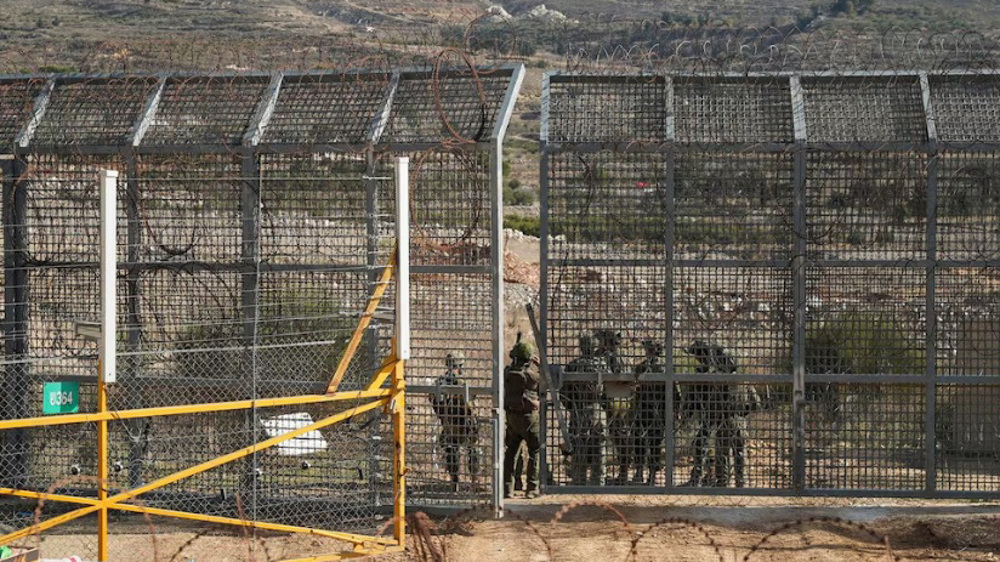UN plans first food airdrops in Daesh-held Syrian city: Official
A United Nations official says the world body is expected to carry out its first airdrops of food aid in an eastern Syrian city besieged by the Takfiri Daesh terrorists soon.
Jan Egeland, the chair of a task force on humanitarian access in Syria, told reporters in the Swiss city of Geneva on Thursday that the UN’s World Food Programme (WFP) had a “concrete plan” for the Dayr al-Zawr operation in the coming days.
Egeland made the remarks after UN convoys carrying life-saving supplies reached five other besieged areas in the conflict-ridden Arab country.
The UN official said the WFP hoped to make progress reaching “the poor people” inside Dayr al-Zawr, adding dropping aid would be “a complicated operation and would be in many ways the first of its kind.”
The UN should be able to deliver aid to all of Syria’s 18 besieged areas within a week, he added.

Dayr al-Zawr, a city of 200,000 besieged by Daesh, is the capital of a province with the same name. The region links the Daesh stronghold of Raqqa with territory controlled by the terrorist group in neighboring Iraq.
Elsewhere in his remarks, Egeland said 114 UN trucks have delivered food and medical supplies to 80,000 people in five besieged areas in Syria over the past 24 hours.
The delivery of supplies to trapped residents was made possible by a deal struck at the International Syria Support Group (ISSG) meeting in the German city of Munich last week, where world powers agreed to seek a nationwide ceasefire in Syria beginning in a week’s time.
They also decided to accelerate and expand humanitarian aid deliveries to the crisis-hit state.
Damascus has pledged full cooperation with the UN and the Red Cross to deliver humanitarian aid to all civilians “without any discrimination,” including those in hard-to-reach areas.
More than 480,000 Syrians are living in besieged areas across Syria, according to the UN.
The foreign-sponsored conflict in Syria, which began in March 2011, has claimed the lives of some 470,000 people and left 1.9 million injured, according to the so-called Syrian Center for Policy Research.
Israel admits assassinating Hamas leader, vows to inflict same fate on Yemeni fighters, people
VIDEO | Yemeni forces repel US-British attack, down F-18 Jet
Iran’s capabilities vast; enemy’s ‘maximum pressure’ policies all failed miserably: Senior official
Iran’s economy grew 2.7% y/y in Sep quarter: CBI
VIDEO | Freelancers in Gaza strive to stay online amid genocide
Mikati demands Israel's withdrawal from south Lebanon
Yemeni army strikes Israeli military sites with drones
‘Clock ticking’: UNRWA slams unjustifiable killing of children in Gaza















 This makes it easy to access the Press TV website
This makes it easy to access the Press TV website